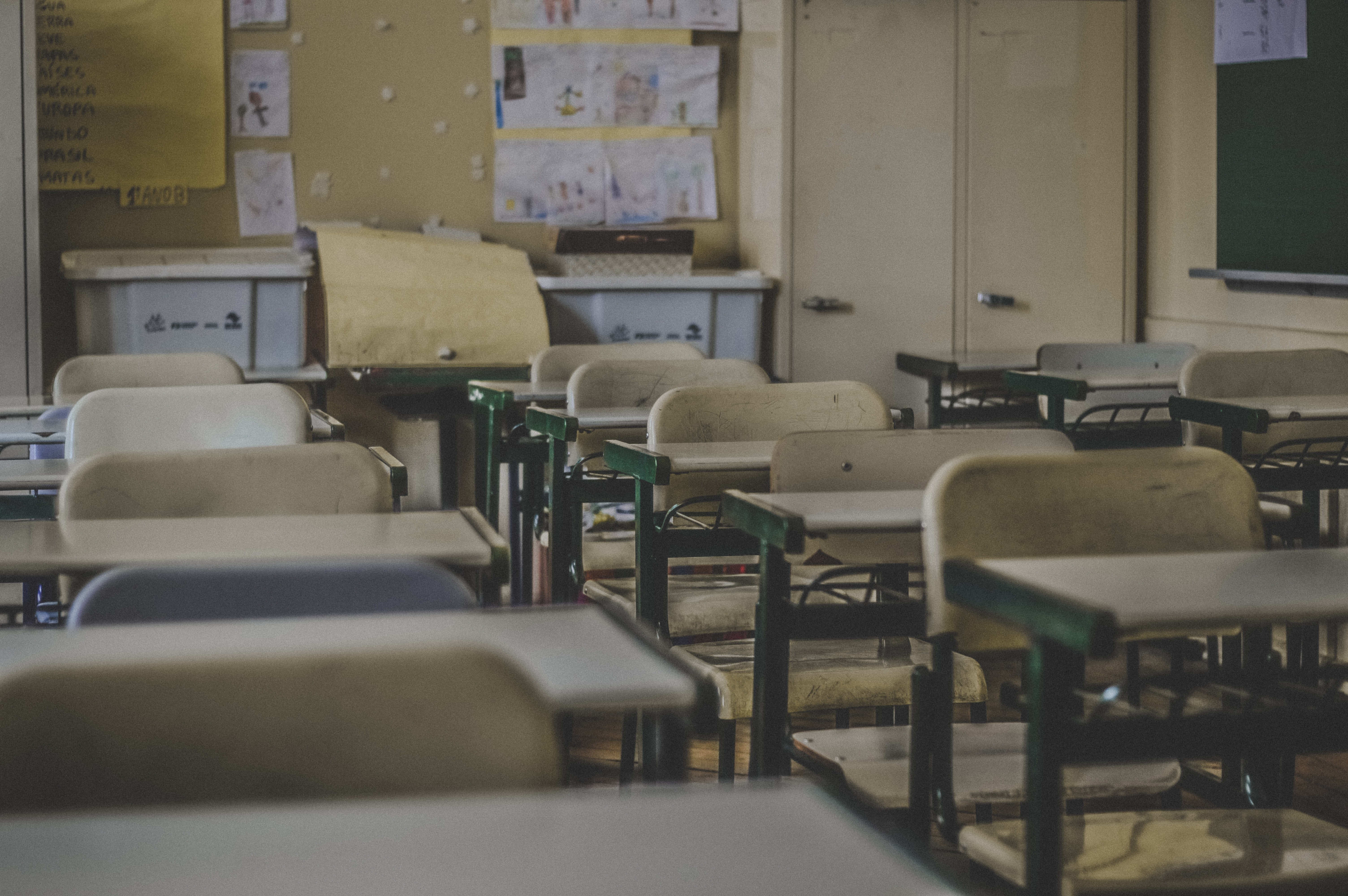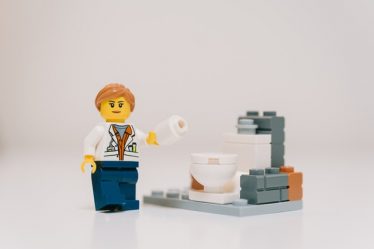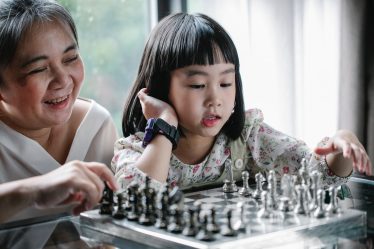
First published: 19 November 2021 @ 6:00 pm
As parents, we want our children to be well-educated. As citizens, we want the state to provide a good education for all children.
But how can we achieve both goals?
This article will discuss how we can achieve both goals, without sacrificing either.

Parents Vs. State: Problems of Parents and State Providing Education for Children
A child’s education is largely dependent on the child’s parents. The parent’s contribution to the child’s education is the most important factor in the child’s development.
The primary objective of society is to produce healthy, well-educated people who are capable of leading productive lives. Therefore, it is crucial that we ensure that our child receive adequate education.
In a free society, parents have a fundamental right to rear their children as they see fit. Parents may educate their children as they see fit, regardless of what the state thinks.
However, the state has a duty to provide some standard of education for all children.
The government’s duty to educate all children is often fulfilled by providing money to the parents.
However, the problem is that it is not always possible for a family to provide their child with an education.
Therefore, some parents will find themselves choosing to get their child enrolled in private school tuition. These children may receive extra tutoring in their spare time.

Parents’ Role in Child’s Education
So, which one plays the larger role in a child’s education? The family or the state?
The family plays a big role because they are the only ones who have access to their children’s home environment.
It is also the parents’ responsibility to provide food, shelter, clothing, and other necessities for their children. Therefore, it is obvious that the role of parents is largely based on their ability to provide for their children.
Parents are also responsible for their children’s cognitive development, emotional skill, and other behaviours. They have the responsibility of teaching their children how to behave in a proper manner.
Parents also have the responsibility of teaching their children how to read, write, and do basic math.
Therefore, it is clear that parents play a critical role in their children’s social development and emotional development as human beings.
On the other hand, it is the state’s duty to help parents raise the child to be productive members of society.
The state does not have the same responsibilities as parents, such as teaching the child how to behave properly.
However, the state does have a duty to provide a basic education for all children. It is not possible for the state to fulfil its duties if the government is too large and too involved in a child’s life.
Why Parent Involvement is So Important in Early Childhood Education
Parent involvement means that parents take an active role in their child’s education. This means that parents are able to have a say in how their child is educated, as well as being able to help their child learn.
The way that parents are involved will vary between different children, but there are certain benefits to all types of involvement.
Parents are the primary educators of their children. They have experience with life and can offer valuable insight into things that the child may not understand.
When parents are involved in their children’s education, they are able to give them the best chance at succeeding in life. Parents can also help create a strong foundation for their children’s future education by teaching them important values such as compassion and honesty.
One of the most important benefits of parent involvement is that it allows for the child to develop self-esteem. When parents are involved in their children’s education, they are able to encourage the child to be independent and take responsibility for their own actions.
They can also teach their children how to work together with others, which will help them become more successful in the future.
Important Skills in Early Childhood Education
While early childhood education covers a wide range of subjects, there are certain skills that are common across all early childhood education programs. These skills include social skills, problem-solving, and academic abilities.
Parents should be aware of these common skills when choosing an early childhood program for their children. If a program does not focus on these basic skills, then they should look elsewhere for a program that can better meet their needs.
In addition to these basic skills, each program will vary depending on what age group it serves. For example, some programs will have an age limit while others will have programs from birth until kindergarten or until a certain age, depending on state laws and regulations.
Social skills are the ability to interact with others and to relate well with others. This means that a child must be able to play well with others, make friends, and learn how to take turns.
A child who have good social skills is more likely to be well-liked by their peers and be successful in school.
Problem-solving is the ability to find solutions to problems that arise. This means that a child must be able to think about different options and create a plan of action when they do not know what to do.
This is important because it can help the child in school because they are able to think critically about what they are learning. This also helps them when making decisions in their everyday lives.
Academic abilities are the ability to understand concepts that are taught in school. This means that a child must be able to read, write, and understand math.
These skills are important because they help children succeed in school and when they go on to college.
Be the best parent for your loved ones; Mature Parent is here to help you connect with your child, spouse, and family. We’re here providing you with informative articles, tips, and tricks!



